Eurozone economic downturn deepens, raising fears of recession
European economic activity has fallen again this month, according to a new survey, giving rise to fear of a looming recession.
“The Eurozone economic downturn deepened in September, with business activity contracting for a third consecutive month,“ said the New York-based S&P Global’s Flash Eurozone PMI (Purchasing Managers’ Index) in its latest survey on Friday.
“Although only modest, the rate of decline accelerated to a pace which, barring pandemic lockdowns, was the steepest since 2013,” it added, as quoted in local news outlets.
According to press reports, the purchasing managers' index fell from 48.9 in August to 48.2 in September -- with a score under 50 representing economic contraction.
“A eurozone recession is on the cards as companies report worsening business conditions and intensifying price pressures linked to soaring energy costs,“ Chris Williamson, a chief business economist at S&P Global Market Intelligence, pointed out.
“Germany is facing the toughest conditions, with the economy deteriorating at a rate not seen outside of the pandemic since the global financial crisis,” he underlined.
Williamson noted that indications pointed to a eurozone contraction of 0.1 percent in the third quarter of 2022 and a sharpening decline in the fourth quarter.
“The challenge facing policymakers of taming inflation while avoiding a hard landing for the economy is therefore becoming increasingly difficult,” he emphasized.
Inflation in the eurozone surged to 9.1 percent in August -- an all-time high -- with analysts predicting the rate could reach double digits by the end of the year.
This is while European Central Bank raised its interest rates by a record large 75 basis points this month, vowing to do all it can to curb the surge in consumer prices.
Skyrocketing energy prices and sharp hikes in the cost of living are hitting demand and limiting manufacturing output.
British pound hits 37-year low as recession fears grow
The British pound, meanwhile, also sank to a new 37-year low against the US dollar on Friday as traders grew increasingly anxious about the economic outlook with central banks raised interest rates to resist runaway inflation.
Sterling also fell as low as $1.1151 -- its weakest since early 1985 -- after the Bank of England lifted borrowing costs by 50 basis points on Thursday. It followed a three-quarter-point hike by the Federal Reserve on Wednesday and a warning of more to come.
This is while the dollar surged against the euro, with the single currency buying $0.9753, a new 20-year low.
The development also comes amid a new warning by the Bank of England that the UK is slipping into recession as surging fuel and food prices take their toll.
Iran Armed Forces shoot down US F-15 fighter jet near Kuwait border
IRGC, Army launch fresh waves of missile strikes against Israeli, US targets
Red Crescent Society: 555 people killed across Iran in US-Israeli onslaughts
Operational concerns delayed US-Israeli aggression against Iran for a week: Report
Iran slams Israeli attacks on Lebanon, warn UNSC’s inaction to embolden regime
Iran says has ‘no choice’ but to fight back, holds no enmity toward American people
Bahraini police assaults crowds mourning loss of Ayatollah Khamenei
Iran posed no imminent threat to US: Pentagon tells Congress


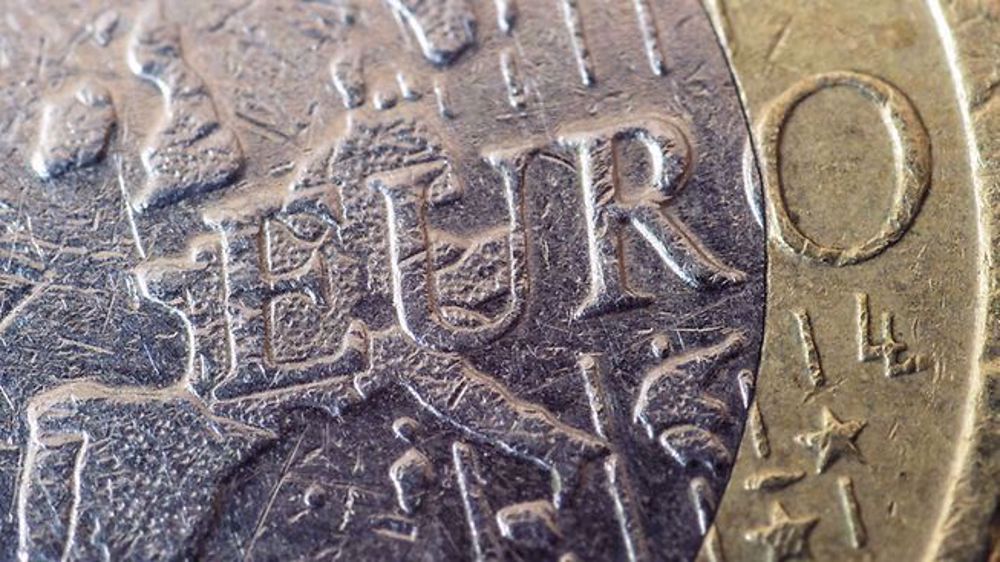
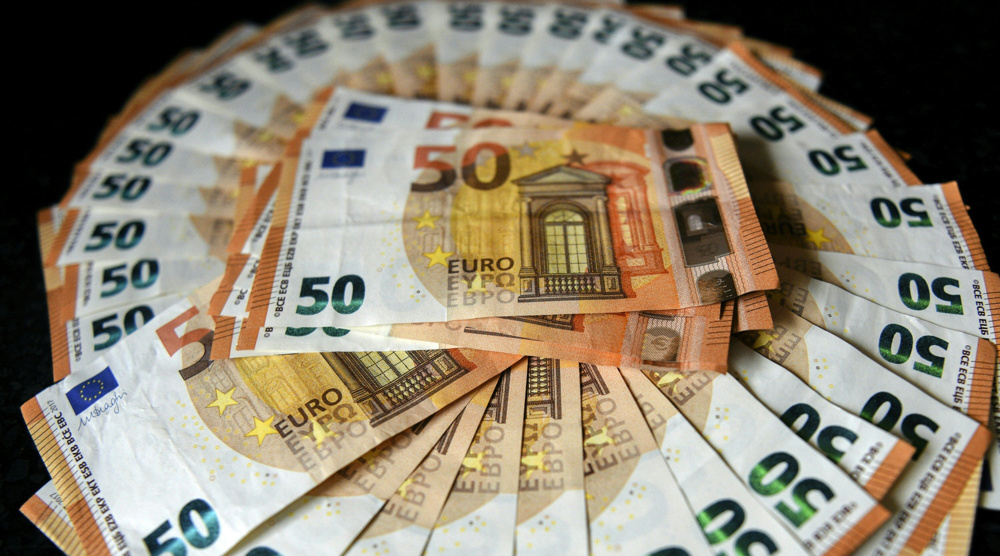
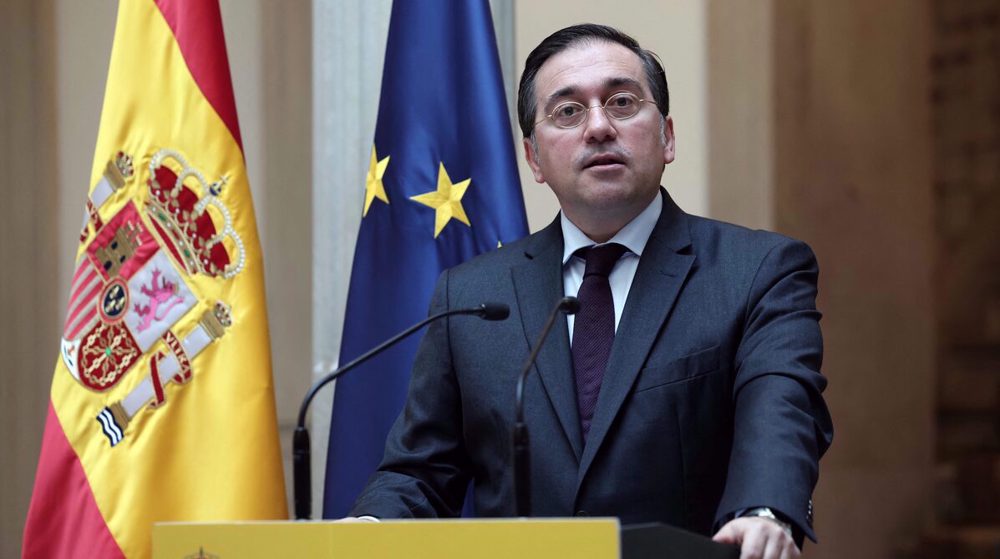
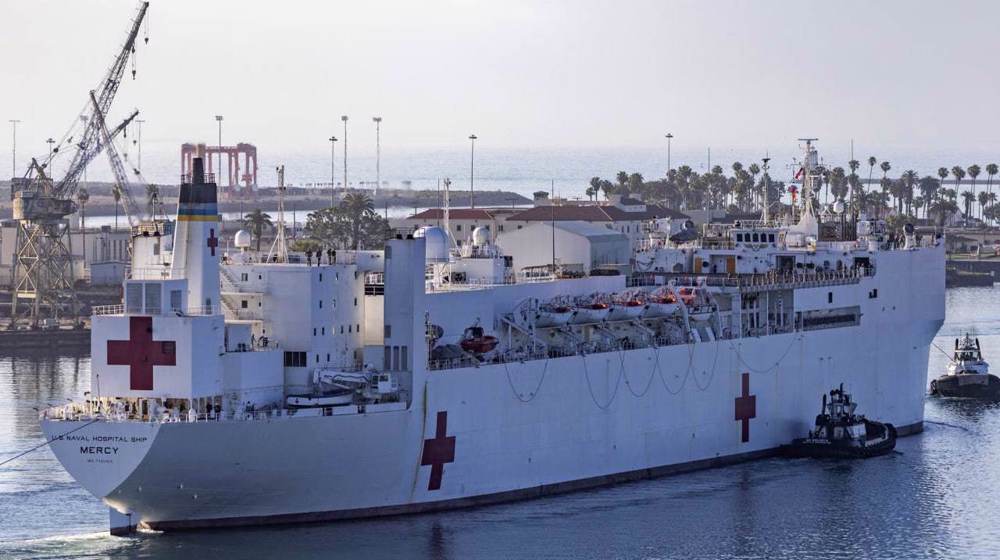
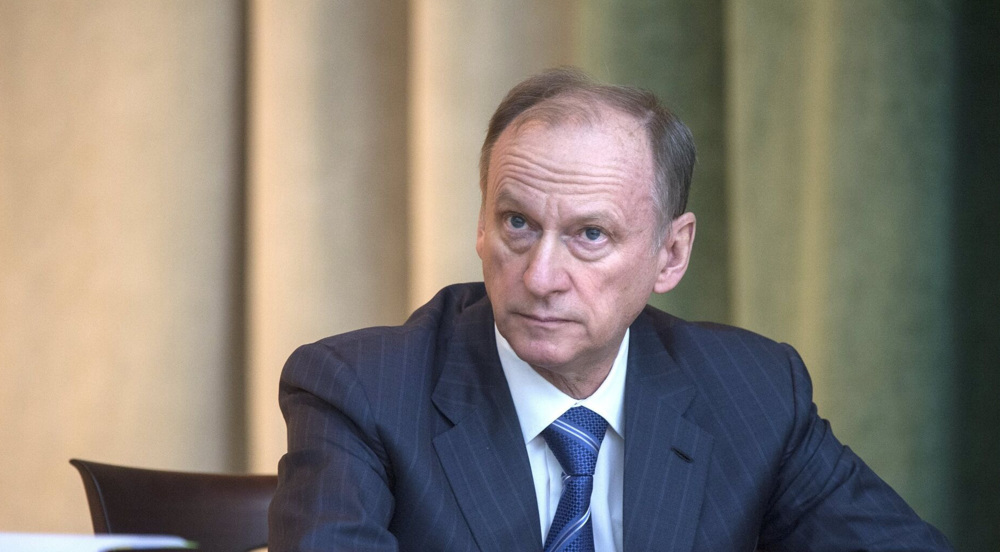




 This makes it easy to access the Press TV website
This makes it easy to access the Press TV website